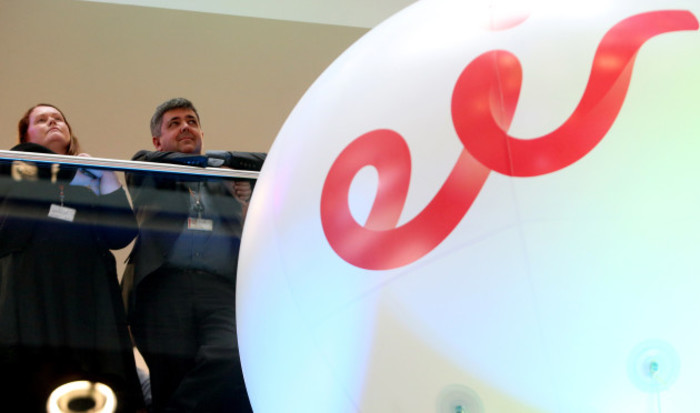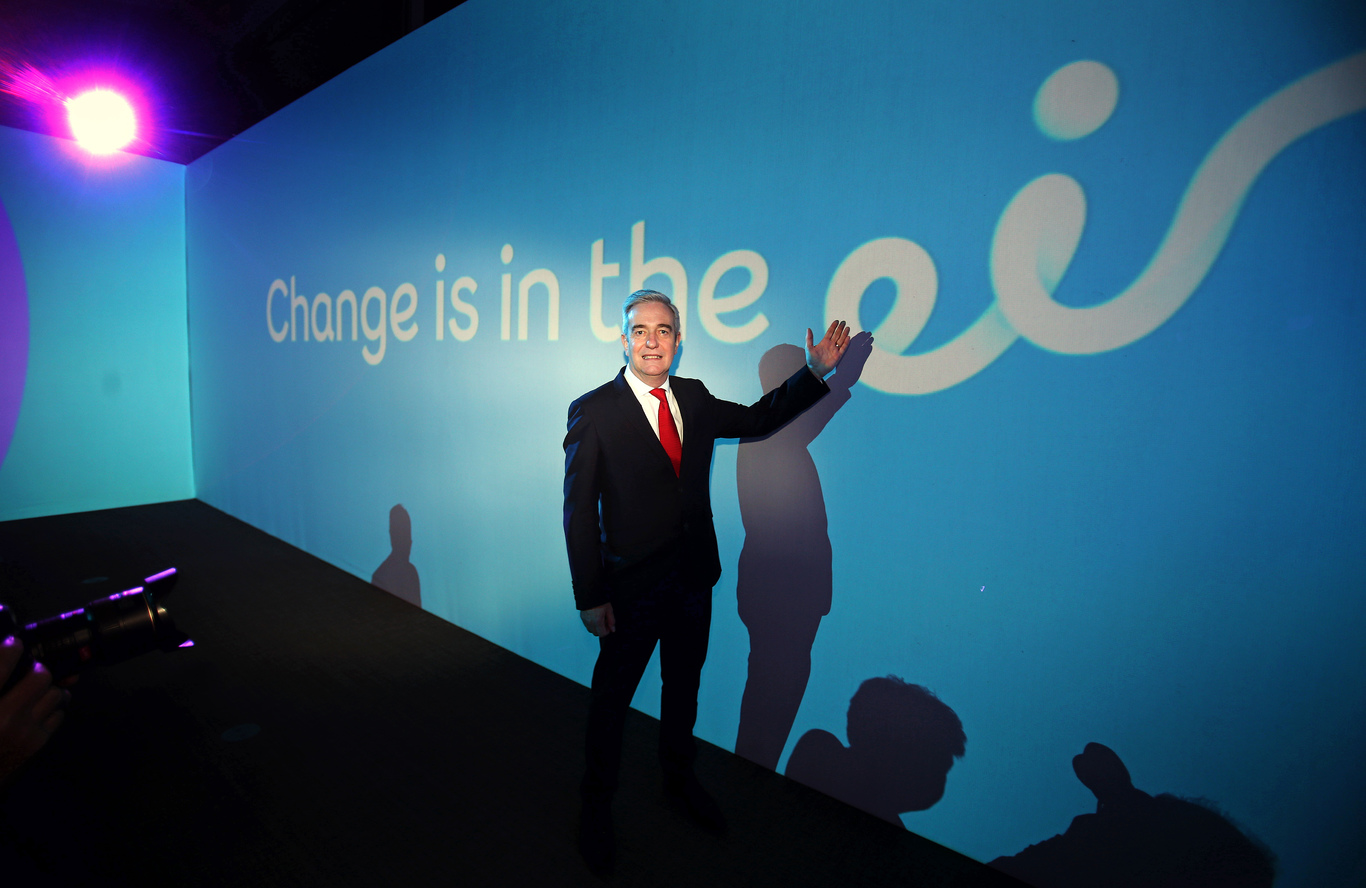Eir is set to be taken over by a US hedge fund
Anchorage Capital Group already owned more than one-third of the telecoms company.
FORMER STATE TELECOMS company Eir is set to be taken over by its largest shareholder, the US private equity firm Anchorage Capital Group.
Ireland’s competition watchdog, the Competition and Consumer Protection Commission (CCPC), today said it had been notified that Anchorage was proposing to take “sole control” of Eir’s Luxembourg-based parent company, Eircom Holdco SA.
Anchorage is already the largest shareholder in the internet and phone company, previously known as Eircom, with a more than-36% stake as of July.
The proposed ownership change follows GIC, Singapore’s sovereign wealth fund, paying €230 million for just over 16% of the Irish business in late June. Eir had rejected a €3.3 billion takeover offer in May.
Two other US hedge funds, York Capital and Davidson Kempner, were the next-largest existing shareholders with 15% and 12% stakes respectively.
Anchorage first took a stake in Eir in 2012 after the struggling telecoms firm emerged from examinership. The US outfit was one of the Irish company’s lenders, but it walked away with shares after doing a debt-for-equity swap.
While it is not clear at this stage what size share of Eir Anchorage is buying out, York Capital is believed to be selling its share.
In a statement early this afternoon, Eir said it had been informed that Anchorage Capital Group entities planned to increase their stake and this was “a positive endorsement of the (company) and its strategy”.
“Following the proposed transaction, which we believe is conditional upon satisfying certain obligations, entities managed by Anchorage Capital Group will remain as Eir’s largest shareholder,” it said.

Private control
The company shelved plans to relist on the stock market in 2014, which would have been the firm’s first stint as a public company since it was taken private in 2006.
While the decline in fixed-line phone users had hurt Eir’s subscriber base, the company has returned to annual revenue growth for the first time in eight years.
In the year to 30 June, it delivered earnings before deductions of €505 million after heavy investment in its fibre broadband network. Eir has also sliced its wage bill, cutting more than one-third of its workforce between 2012 and this year.
It has since launched a legal challenge to its universal service obligation to provide affordable, basic phone services nationwide, including to remote rural areas.






